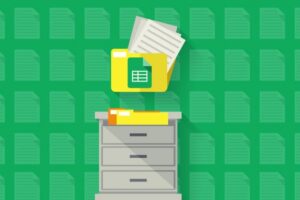SQL Server Crashes and Critical Failures – Free Udemy Courses
A Step By Step Approach To Recovering The Most Critical SQL Server Databases
What you’ll learn
SQL Server Crashes and Critical Failures – Free Udemy Courses
- You will be comfortable with reading the SQL Server error log in great detail
- By the end of this course, you will be able to diagnose and resolve critical SQL Server engine errors.
- You will be able to read the basics of SQL Server stack dumps.
Requirements
-
There are no prerequisites for this course but a solid foundation in SQL Server would be helpful.
-
All of the materials will be free or included in the course. There will be no outside purchases necessary to take this course.
-
Any recent version of SQL Server will do but I’d recommend SQL Server 2014.
Description
Software crashes. We can’t stop that. What WE can do is prepare ourselves through education and practice to be able to act quickly and resolve these critical issues.
In the early days of SQL Server, many support calls were server down issues that ended up being bugs in SQL Server. While this still happens, today many of those calls aren’t the fault of SQL Server.
For example. In Microsoft’s case history of database corruption, 99% of ALL database corruption can be traced back to the IO subsystem.
Either way, when SQL Server crashes it can be a traumatic experience for a DBA. If a production box crashes during core hours WE need to know what steps to take to resolve the problem as quickly and as cleanly as possible.
This course will take the US beyond where to look. We will cover RECOVERY INTERNALS and the fundamentals of how to analyze, diagnose and resolve critical errors.
We will cover the SQL Server Error Logs in great detail. One of the first places as SQL Server DBAs WE look to diagnose critical failures is the SQL Server Error logs.
We will cover server startup failures and analyze SQL Server stack dumps. Additionally, we will analyze several commonly occurring exception signatures.
We will create a troubleshooting task list and use it as a template for resolving these crashes and critical errors.
While this course has no prerequisites a strong background in SQL Server is highly recommended.
Who this course is for:
- SQL Server DBAs wanting to expand their knowledge of how and why SQL Server courses
- This is not an entry-level SQL Server course. I would not recommend this course for beginners.
- SQL Server DBAs looking to understand exception signatures and other vernacular associated with critical failures in SQL Server









Add Comment